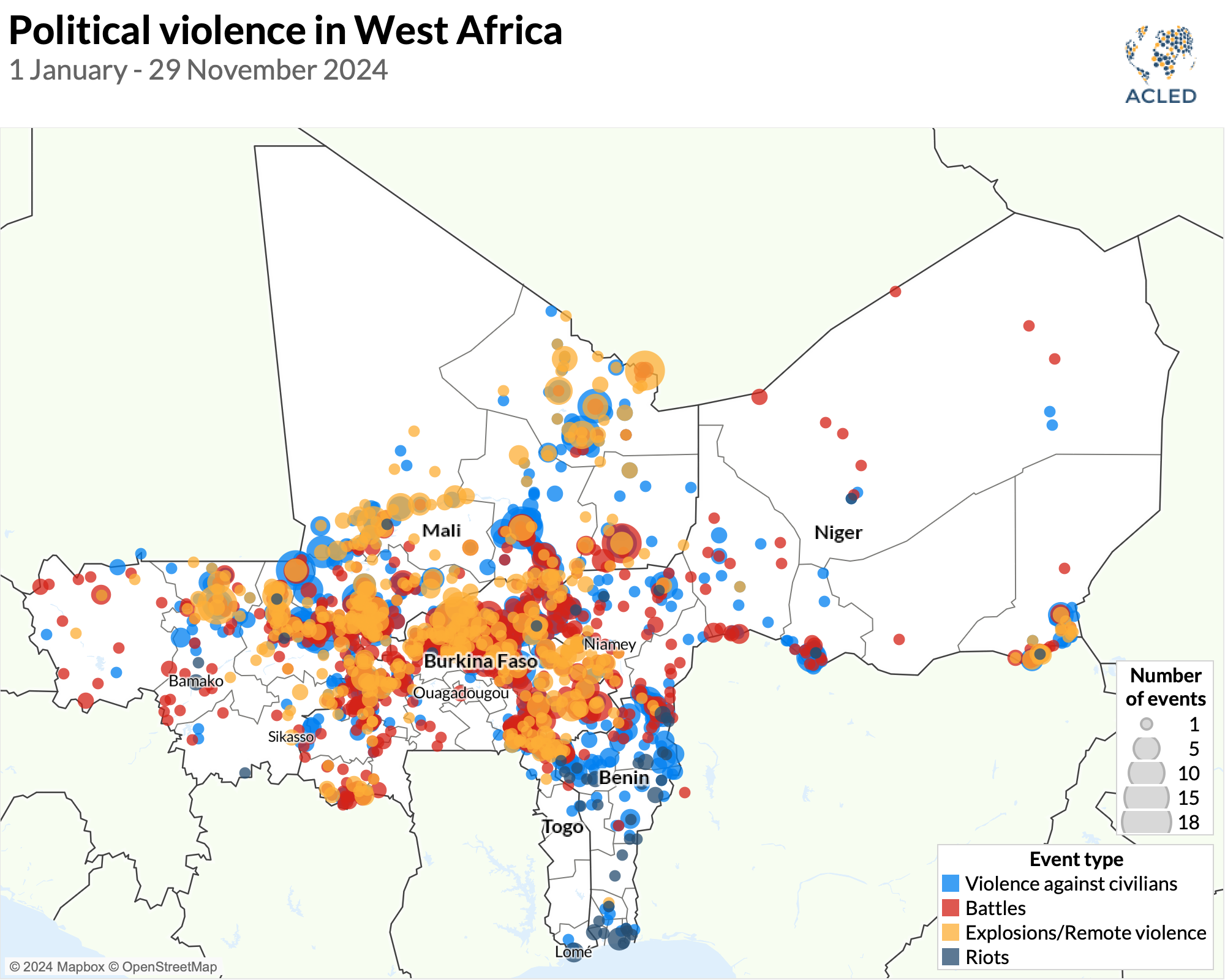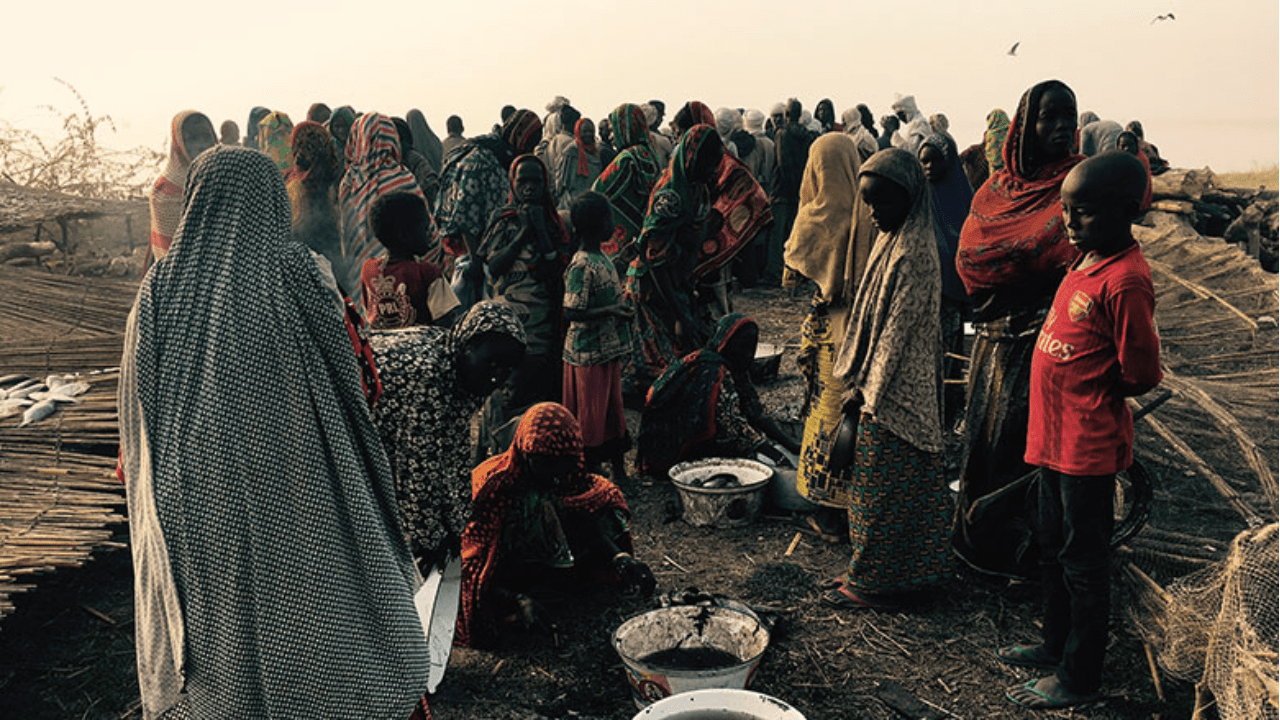Niger, Burkina Faso, and Mali have exited ECOWAS and formed the Alliance of Sahel States (AES), complicating regional security coordination. Terrorist groups are expanding operations amid governance gaps.
ECOWAS’ diminished authority threatens West Africa’s stability, weakening counterterrorism efforts and increasing risks for neighboring states. Economic and security cooperation are at stake.
Without decisive action, insurgencies will intensify, cross-border crime will rise, and ECOWAS’ credibility will further erode, undermining regional integration.
ECOWAS must engage AES diplomatically, establish joint security protocols, and enhance intelligence-sharing to prevent further destabilization.
The Sahel, a resource-rich region in north-central Africa, is a cultural crossroads and critical trade transit zone. Despite its cultural heritage, it faces persistent turmoil, marked by political instability, insurgencies, and extreme violence. Amid this upheaval, the Economic Community of West African States (ECOWAS), established in 1975 for economic integration, now plays a crucial peacekeeping role. It has played an important role in the defence of the region’s shift towards democracy by monitoring transnational elections.
The Economic Community of West African States (ECOWAS) was established on May 28, 1975, [1] under the Treaty of Lagos with the aim of fostering regional economic cooperation “in all fields of economic activity.” In July 1993, following new developments and mandates, the heads of state of the 15 member countries signed a revised treaty in Cotonou, Benin, which included protocols to uphold democracy and good governance. This evolution in ECOWAS’s foundational framework underscored its commitment to adapt to regional challenges and promote a stable, cooperative environment.
Over the years, ECOWAS has frequently intervened in crises affecting its member states.[2] Its first major intervention came during Liberia’s civil war in 1990 through the ECOWAS Cease-fire Monitoring Group (ECOMOG), which later evolved into the ECOWAS Standby Force (ESF). Although tasked with restoring security, these early peacekeeping missions were marred by accusations of human rights abuses. Since then, ECOWAS has deployed forces in other conflicts in West Africa, including in Sierra Leone (1997), Guinea-Bissau (1998), Côte d’Ivoire (2002), Mali (2013), and The Gambia (2017), while also mediating political transitions in Guinea, Burkina Faso, and Niger. These interventions highlight ECOWAS’s evolving role in maintaining regional stability.
Nigeria has emerged as the leading contributor to ECOWAS peacekeeping operations, both in terms of funding and troop deployment. In 2023, after a series of military coups in Mali (2020, 2021), Guinea (2021), and Burkina Faso (2022), Niger’s coup prompted an immediate and forceful response from ECOWAS. The organization suspended financial and economic exchanges, closed borders, and several member states signaled readiness for military intervention to reinstate the democratically elected President Bazoum. In response, the military juntas in Mali, Niger, and Burkina Faso announced their withdrawal from ECOWAS and the formation of the Alliance of Sahel States (AES), warning that any attack on Niger would be treated as a declaration of war against all three nations. This situation has also fueled accusations that ECOWAS enforces double standards by opposing military coups while overlooking ‘institutional coups’ by elected governments, as seen in Côte d’Ivoire and Guinea—an inconsistency that has weakened its credibility in the region.
These developments occur in a context of chronic insecurity,[3] exacerbated by the pervasive presence of terrorist groups such as Jama'at Nusrat al-Islam wal Muslimeen (JNIM), Islamic State in the Greater Sahara (ISGS), Islamic State in the West African Province (ISWAP), and Boko Haram. Moreover,[4] the juntas—backed by considerable popular support—have adopted an anti-Western stance, expelling France and its allies from their territories. This shift has created a power vacuum that armed groups and external actors, notably Russia, are actively exploiting.[5] The withdrawal of these countries will deepen the diplomatic and economic isolation of the three enclaved territories, affecting 70 million citizens, nearly half of whom live below the poverty line, and undermining decades of regional integration efforts.

Source: Héni Nsaibia. (12 December 2024) "Conflict Watchlist 2025" Armed Conflict Location & Event Data Project (ACLED)
To address the region’s escalating security threats, a purely national approach is insufficient, as these challenges are inherently transnational.[7] Therefore, strengthening regional security cooperation remains essential. Given that a return to ECOWAS by the junta-led states is unlikely, Niger, Burkina Faso, and Mali are set to deploy a joint force of 5,000 troops in the central Sahel, with countries like Togo considering joining the AES. ECOWAS’ best course of action is to abandon expectations of their reintegration—at least under current leadership—and instead focus on future security cooperation. Collaborating with the newly formed Alliance of Sahel States (AES) on counterterrorism and border security is critical, as these departing states will no longer be covered by ECOWAS’ peace and security mechanisms. Clear protocols and contingency plans are needed to ensure rapid responses to any security incidents. Additionally, This partnership should involve establishing a dedicated liaison unit for real-time intelligence sharing, coordinating counterterrorism operations, and enhancing joint border control measures.
The persistent challenges in West Africa require a strategic pivot. Rather than clinging to an outdated security model, ECOWAS must recognize its limitations in reintegrating junta-led states and instead facilitate new alliances. By partnering with the Alliance of Sahel States, regional leaders can spearhead innovative counterterrorism and border security measures, supported by enhanced intelligence-sharing and agile contingency planning. This approach promises not only to repress immediate threats but also to lay the foundation for sustainable stability and improved livelihoods across the region.

